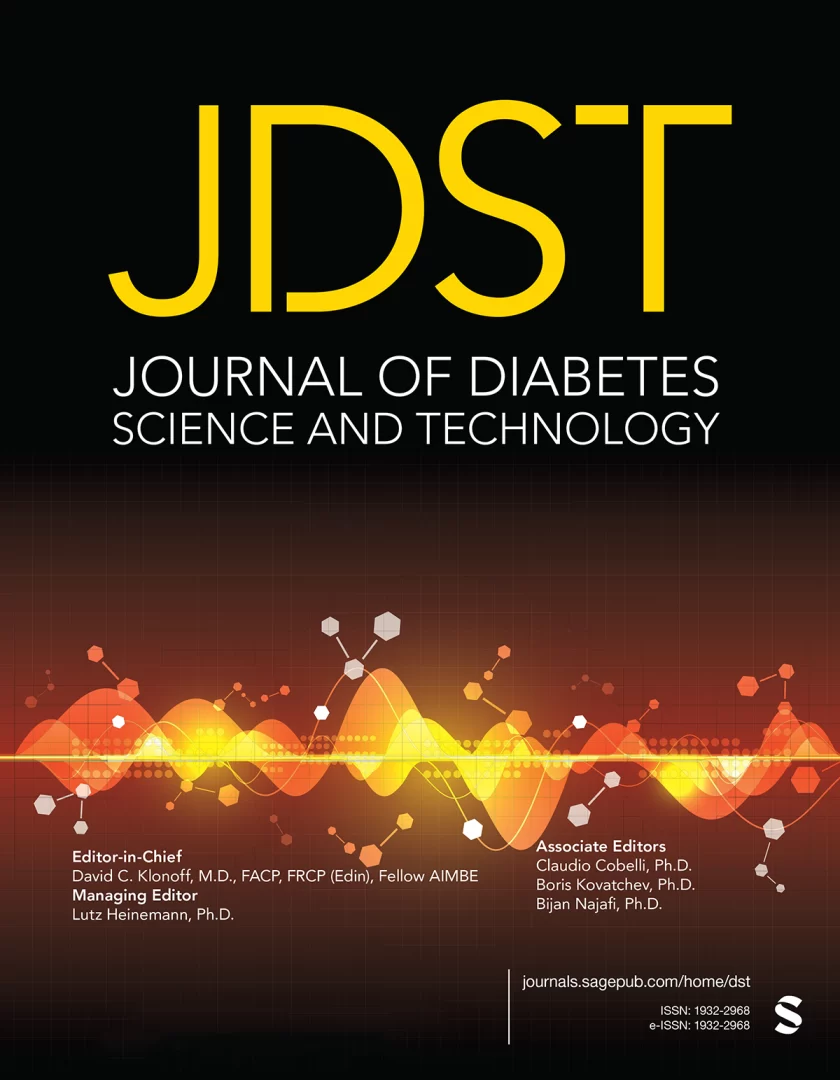A New Approach to Using Insulin in Type 2 Diabetes

Original Article: https://www.dovepress.com/articles.php?article_id=90485
Purpose – Understanding the Need for Change
Type 2 diabetes (T2D) is a condition where the body struggles to handle insulin, a hormone needed to control blood sugar levels. Many people living with this type of diabetes eventually require daily insulin injections. When insulin is started this usually beings with an injection of long-acting (known as basal insulin) insulin which needs to be taken every day. Taking daily insulin can be a chore and it is not uncommon for an injection to be missed putting the person at risk of high blood glucose levels. Recently a new preparation of basal insulin has become available. This new insulin needs only to be taken once a week and has been shown in clinical trials to be as effective as daily basal insulin. In a new study, researchers wanted to see how people with T2D and their healthcare providers (HCPs) felt about this new insulin that only needs to be taken once a week, compared to the insulin they currently use every day.
Patients and Methods – Gathering Opinions and Preferences
The study, done in the United States, asked people with T2D (some who had never used insulin and some who currently did) and healthcare providers treating T2D patients to share their thoughts on current insulin options and a new once-weekly insulin. They used a survey method called a discrete choice experiment (DCE) to gather opinions and did a statistical analysis to see what factors influenced people’s preferences.
Results and Conclusion – Hopeful Signs for a Once-Weekly Insulin
Most participants, both people with T2D (91%) and healthcare providers (89%), preferred the idea of a once-weekly insulin over the current daily ones. People already using insulin were more confident (5.7 out of 7) that a once-weekly insulin could help control their blood glucose levels compared to their current insulin (which scored 5.2 out of 7). Most insulin users (88%) said they would ask their healthcare provider about the once-weekly option, and most providers (85%) said they were ready to educate patients about it. This study highlights the importance of discussing treatment preferences with patients and their healthcare providers to find the best options for managing T2D effectively.

